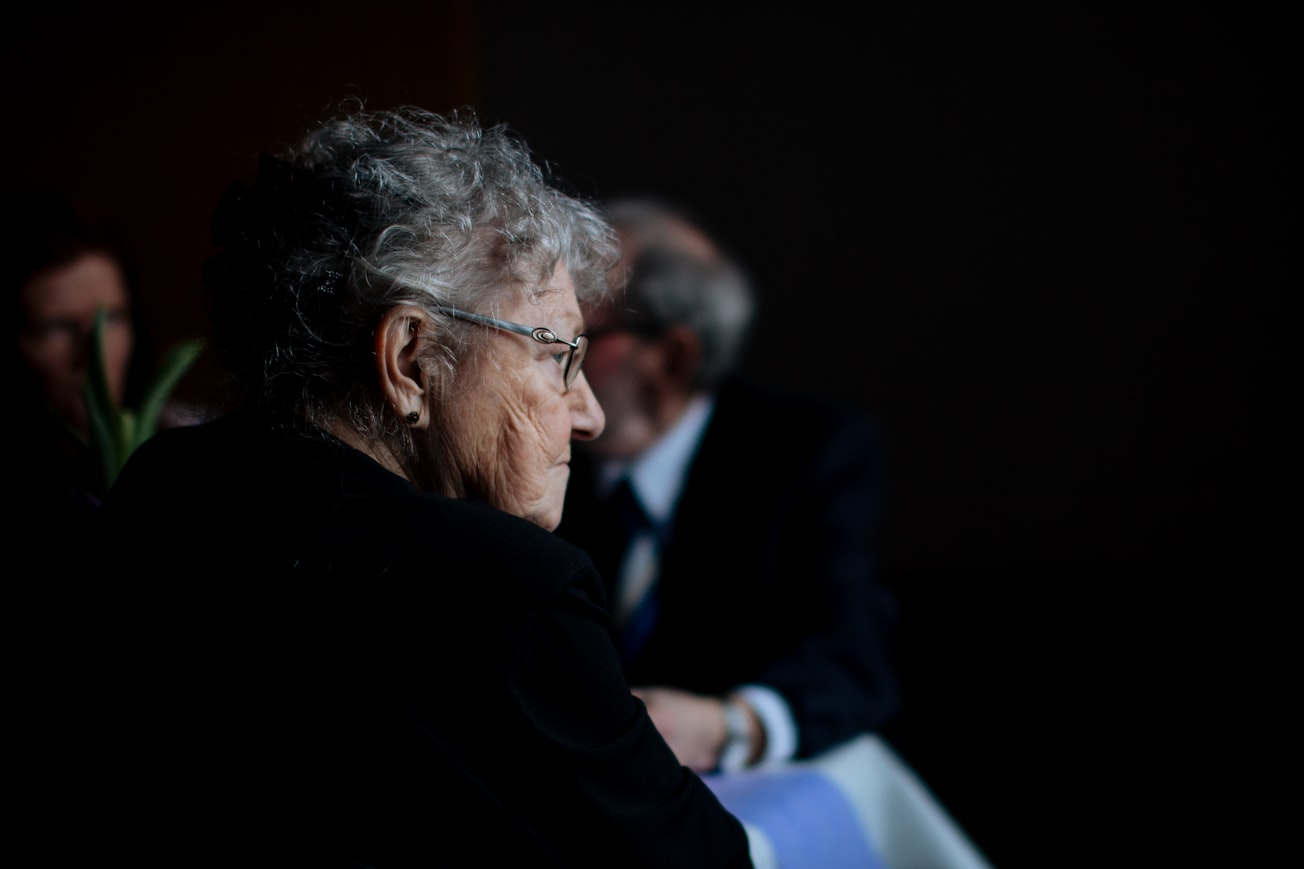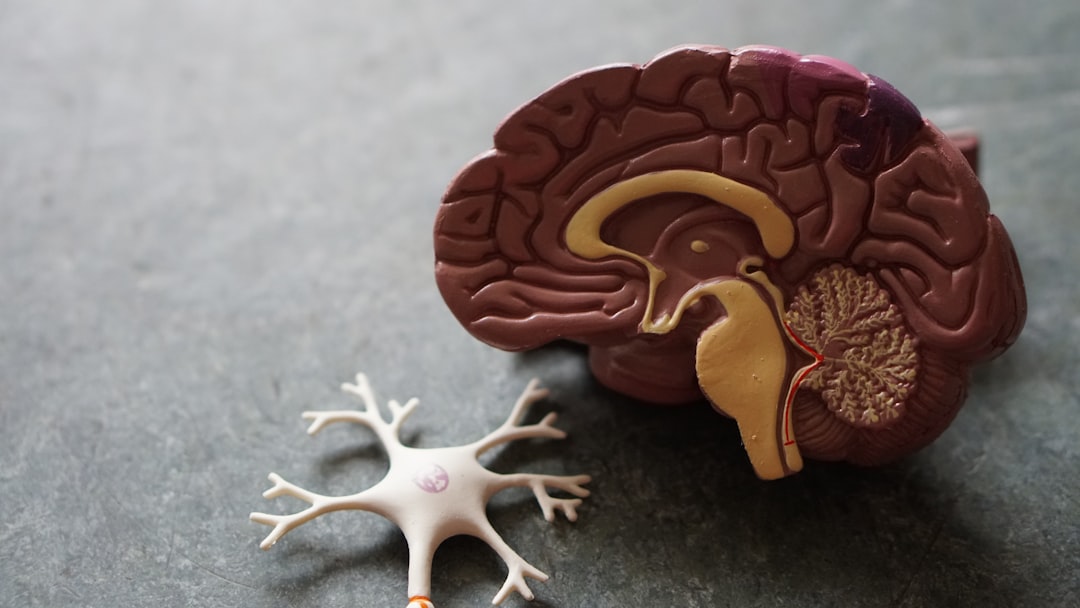What is it about?
The Activity Card Sort - UK version is an assessment used by occupational therapists with older people to help them review their engagement in every day personal and domestic activities, leisure activities, and social and cultural activities. There are 93 activities / activity groups in the assessment and each is represented by a photograph and description. There are 3 different sorts that can be undertaken depending on the reason for the assessment. The simplest sort looks at which activities the person has done or not done before. This can be useful when someone is moving into a residential, nursing or Extra care housing setting and helps to ensure they remain engaged in meaningful activities in this new environment. For people who are recovering from an illness, surgery or accident the Recovery Version of the ACS-UK involves the person identifying activities that they have been doing less or have had to give up since their injury or illness or new activities that they have started doing. This version helps the person and OT to identify meaningful activity based goals and interventions for rehabilitation and to then evaluate if these interventions are successful in increasing activity engagement. The third sort is called the ACS-UK Community Living version. This can be used when occupational therapists are working with older people in community settings or for people with longtime, deteriorating conditions. The person sorts the 93 activity photographs into the categories: Never Done; Do More; Do Now; Do Less; and Given Up. In this study, we explore older people's experiences of undertaking the community living version of the ACS-UK. Each person did the assessment with an occupational therapy student and then engaged in a semi-structured interview to discuss the ACS-UK. We also timed how long it took to administer and score this version of the ACs-UK.
Featured Image

Photo by Christian Langballe on Unsplash
Why is it important?
Key findings • The ACS-UK is a clinically useful assessment that has reasonable face validity with older adults. ACS-UK scores for a UK sample were similar to I-ACS scores for Israeli older adults. What the study has added • The face validity and clinical utility of the ACS-UK was evaluated by exploring older people’s experiences and perceptions of the assessment and resulted in changes to improve its acceptability.
Perspectives
Participation in meaningful activities can improve older people’s health and wellbeing and so it is very important for occupational therapists to encourage older adults to participate in occupations that promote, improve or maintain quality of life, health and wellbeing. In order to do this, occupational therapists need to use standardised, reliable, valid and clinically useful measurement tools that provide a rich understanding of the meaningful activities, tasks, and roles that support people to remain engaged in all their needed and desired activities. The Activity Card Sort (ACS) (Baum and Edwards, 2008) is a self-report outcome measure designed to identify changes in older adults’ participation in personal and domestic (instrumental), leisure and social activities. Each ACS test item comprises a photographed activity card with an activity description underneath. The ACS has greater relevance for older people when the activities and photograph cards are culturally specific. This is why we started our research to develop a United Kingdom (UK) version of the ACS (ACS- UK). The content validity study has already been published (see: Laver-Fawcett and Mallinson, 2013, OTJR) and the face validity and clinical utility of this new version were explored in this study.
Dr Alison Jane Laver-Fawcett
York Saint John University
Read the Original
This page is a summary of: The face validity and clinical utility of the Activity Card Sort – United Kingdom (ACS-UK), British Journal of Occupational Therapy, July 2016, SAGE Publications,
DOI: 10.1177/0308022616629167.
You can read the full text:
Contributors
The following have contributed to this page










